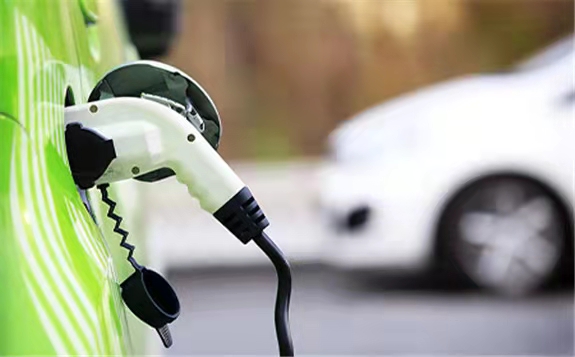Aral AG (Aral), a subsidiary of the bp group in Germany, has tasked Siemens Smart Infrastructure (Siemens) with expanding the grid connection at 30 selected petrol stations. The installation of intelligent substations allows Aral to upgrade these stations with ultra-fast charging technology for electric vehicles. The installation is expected to be completed by the end of February 2021.

The expansion of the public charging infrastructure is an essential requirement for the acceleration of electric mobility. The joint project between Aral and Siemens is an important contribution to creating public, fast-charging stations.
“By equipping our gas stations with charging infrastructure for electric vehicles, we are taking a major step forward in creating the gas station of the future,” said Patrick Wendeler, member of the Managing Board of Aral. “To make charging as fast as putting fuel in your car, we have opted for ultra-fast charging stations with a power of up to 350 kW. But chargers alone are not enough: the retrofit also requires a powerful and reliable grid connection. That is why we are glad to have Siemens with its expertise in electrical infrastructure at our side.”
Most petrol stations currently only have a low-voltage connection. To meet the increased power demand of fast chargers, the grid connection needs to be upgraded to a medium-voltage connection with much higher power. This is achieved through the substations, which connect the petrol stations’ charging infrastructure to the public power grid. Each substation consists of a hermetically capsulated transformer, a gas-insulated medium-voltage switchgear, type 8DJH, and a Sivacon S8 low-voltage switchboard.
By using communicating hardware and Internet of Things (IoT) technology, Aral can obtain information about the status of the substations at any time. This will enable the blue-and-white labelled service station brand to guarantee their customers the full functionality of its ultra-fast charging stations even better than today. The utilisation of sensors helps to generate data, thereby ensuring continuous monitoring of the health status and a safe operation of the equipment. These values are then transmitted over communication interfaces to a higher-level, cloud-based IoT system. The data is evaluated and visualised via a web application in a useful addition to those of the fast charging stations.
“This intelligent substation not only allows Aral to introduce ultra-fast charging technology, but also ensures highest reliability and better grid utilisation within the existing infrastructure,” said Stephan May, Chief Executive Officer of Distribution Systems, Siemens. “Real time data monitoring enables optimal usage of the assets. For this reason, digitalisation is an important prerequisite for efficient load management and to optimise the use of power resources.”
Aral operates all ultra-fast charging stations on its own. They supply 100% green power. Assuming the appropriate battery technology is provided, the electric vehicle can be fully recharged within 10 minutes to a range of up to 350 km.
The rollout of high-power chargers at Aral gas stations in Germany is part of bp’s strategy to increase the number of charge points. Globally, operated charging points will be increased from 7000 in 2020 to 70 000 in 2030.